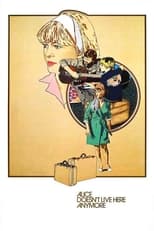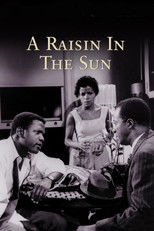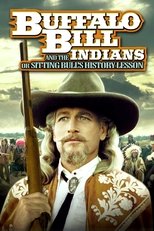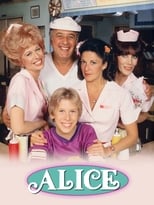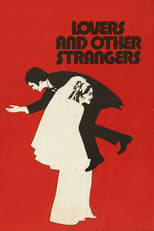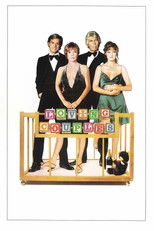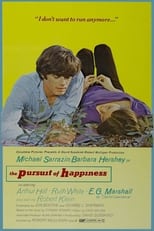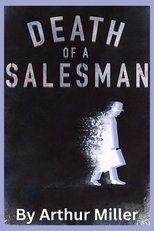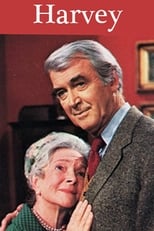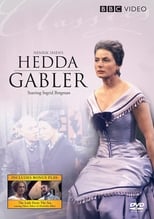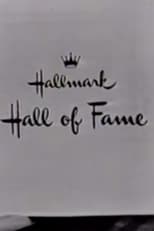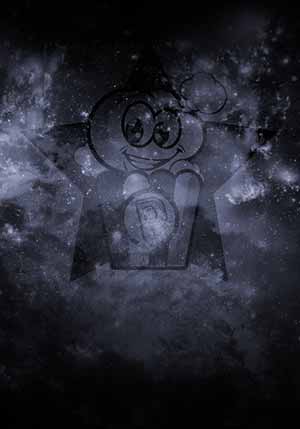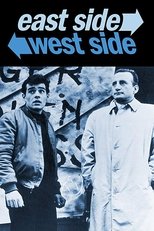David Susskind
¿Quién es David Susskind?
His first job after the war was as a press agent for Warner Brothers. Next, he was a talent agent for Century Artists, ultimately ending up in the Music Corporation of America's newly minted television programming department, managing Dinah Shore, Jerry Lewis, and others. In New York, Susskind formed Talent Associates, representing creators of material rather than performers. In 1954, Susskind became a producer of the NBC legal drama Justice, based on case files of the Legal Aid Society of New York. His program Open End began in 1958 on New York City's commercial independent station WNTA-TV and was so titled because the program continued until Susskind or his guests were too tired to continue. In 1961, Open End was constrained to two hours and went into national syndication. The show was retitled The David Susskind Show for its telecast on Sunday night, October 2, 1966. In the 1960s it was the first nationally broadcast television talk show to feature people speaking out against American involvement in the Vietnam War. In the 1970s it was the first nationally broadcast television talk show to feature people speaking out for gay rights. The show continued until its New York outlet canceled it in 1986. During his close to three-decade run, Susskind covered many controversial topics of the day, such as race relations, transsexualism, and the Vietnam War. His interview with Soviet Premier Nikita Khrushchev, which aired in October 1960, during the height of the Cold War, generated national attention. It is one of the very few talk show telecasts from the era that was preserved and can be viewed today. In a now notorious interview with then 25-year-old Muhammad Ali during a recently-unearthed 1968 appearance on the British program The Eamonn Andrews Show, Susskind displayed an intense antipathy and vitriol towards the famous boxer, whom he excoriated with withering criticism for refusing to be conscripted into the U.S. military for the Vietnam War. Some commentators have described this as a racist attack. Susskind was also a noted producer, with scores of movies, plays, and TV programs to his credit. His legacy is that of a producer of intelligent material at a time when TV had left its golden years behind and had firmly planted its feet in programming which had wide appeal, whether or not it was worth watching.
Trabajos destacados
Géneros más habituales en las películas de David Susskind
Géneros más habituales en las series de David Susskind
Las imágenes y retratos de actores y actrices mostrados en este sitio web son obtenidos de la base de datos pública de The Movie Database (TMDb), utilizada bajo los términos y condiciones de dicha plataforma. En caso de que alguna imagen o fotografía sea incorrecta, ofensiva, o pueda infringir derechos de imagen o copyright, puede ser editada o eliminada directamente en TMDb. Esto provocará su eliminación automática en este sitio web. Adicionalmente, si usted desea solicitar la eliminación de una imagen directamente en nuestro sitio web, puede utilizar el formulario de contacto ubicado al pie de la página. Atenderemos su solicitud de manera expedita y tomaremos las medidas necesarias para garantizar el cumplimiento de los derechos aplicables.
The images and portraits of actors and actresses displayed on this website are sourced from the public database The Movie Database (TMDb), used in accordance with its terms and conditions. If any image or photograph is incorrect, offensive, or may infringe image rights or copyright, it can be edited or removed directly on TMDb. This will automatically result in its removal from this website. Additionally, if you wish to request the removal of an image directly from our website, you may use the contact form located at the bottom of the page. We will promptly address your request and take the necessary measures to ensure compliance with applicable rights.
